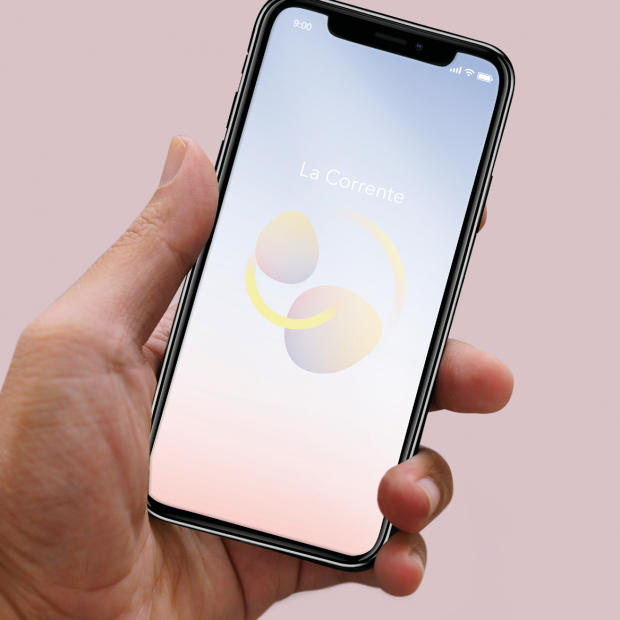By Emanuele Gandini
Introduction
Catholicism is the major religion in Italy, and the Roman Catholic Church strongly influences the faith of Italian believers. For most of these people, Catholic influence functions as a direction towards a more meaningful life, but for LGBT+ Catholics it becomes a source of suffering when it comes to LGBT+ matters. Being Catholic and belong to the LGBT+ community creates emotional distress because of the continuous negative statements that the institution has towards the LGBT+ community. This friction negatively influence LGBT+ members’ mental health, and eventually people feel forced to choose either to be Catholic or to live their life as their most authentic being. However, Italy has quite a significant number of catholic LGBT+ associations. This means that, in fact, that being Catholic and live personal sexual-gender identity is not mutually exclusive. That being said, how might we design a support for people who are struggling in merging their faith and sexuality inspired by these communities?
Research
Because of the complexity of the problem, the project has been developed adopting a linear approach. The desk research has been run to get knowledge about the context, its stakeholders, and its interactions. The main outcome of this phase was a framework which separates faith, spirituality, and religion.
Nevertheless, it was important to validate the outcomes of the research with 1:1 interviews and focus groups. The focus of the primary research was both to validate the outcomes of the desk research, and to enrich the insights with catholic LGBT+ experiences. The conclusions of this stage pointed out that it’s not possible to leverage on spirituality or religion only, since both components are important for Catholic LGBT+. Besides, all participants mentioned the importance of a guide as a fundamental turning point in their reconciliation process.
The outcomes of desk and primary phases were used to structure and run two ideation sessions, whose results have been developed to design the final solution: La Corrente.
Design
La Corrente is a digital service designed for Small Siblings (Catholic members of the LGBT+ community, in the closet, that are struggling in reconciling their sexuality with their relationship with God). The solution has been designed for connecting Small Siblings with Big Siblings (Catholic members of the LGBT+ community, out of the closet, who could reconcile their sexuality with their relationship with God). By leveraging on this relationship, Small Siblings can switch perspective and fully integrate their identity with their faith.


In the designed scenario, “La Corrente‘’ is downloaded from “La Tenda di Gionata”, one of the main websites that Catholic Homosexuals use as a reference. After the download, they get assigned to a Big Sibling based on personal information and time availability. The communication, always started by Small Siblings, will be based on audio messages. Ideally, the conversations will leverage the question “Why do I think God loves me less as an LGBT+ member?”. Big Siblings will reply by describing a similar experience they lived in first person, related to the topic. It is important that the conversation focuses more on sharing similar experiences rather than giving advice for the other person, since this is one of the most important elements to display empathy. After the conversation, Big Siblings can provide material to Small Siblings for enhancing personal reflections. Small Siblings will perform the ritual of “La Corrente’’ every time a negative thought has been changed. To complete the ritual part of the design solution, Small Siblings have to go through three different phases. The first one is connected with the element of “Ice”, in which Small Siblings need to write the belief that was an obstacle towards a loving connection with God. Afterward, they need to fill in the section related to the element of “water”. In this section, Small Siblings write the new belief they have gained from personal reflection. Eventually, in the “steam” format Small Siblings will write a prayer to God to thank Him for the new belief and the additional step towards reconciliation between faith and sexuality.
to refer to this project use



